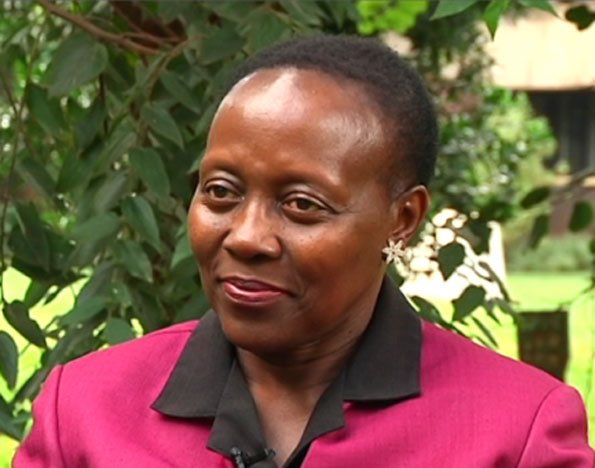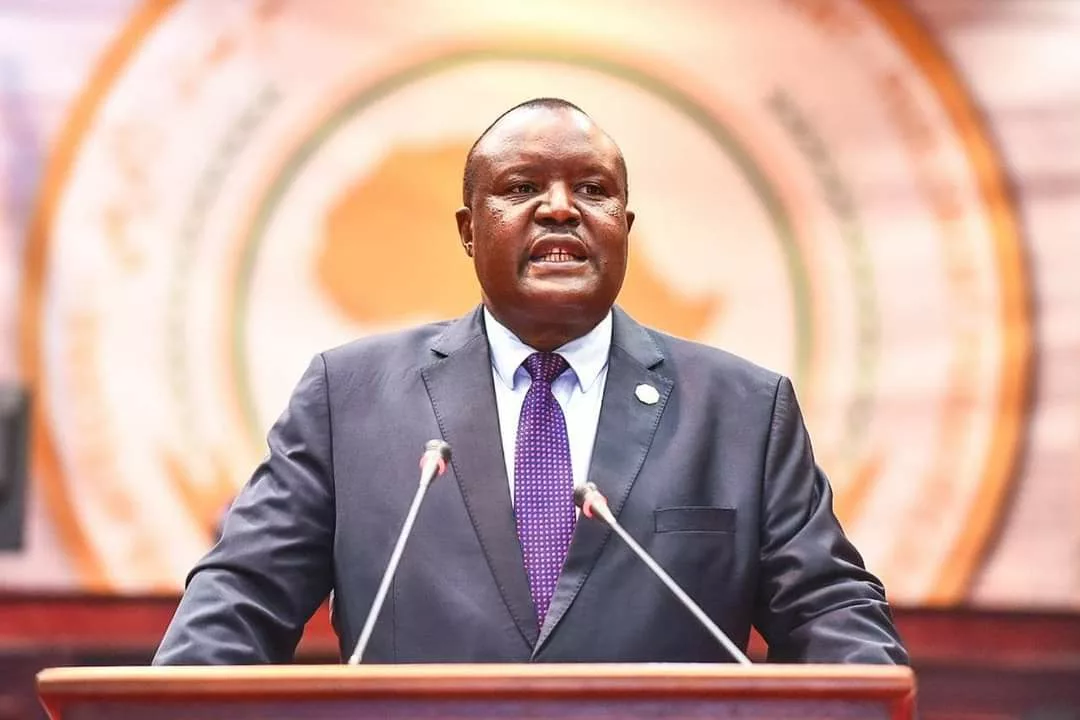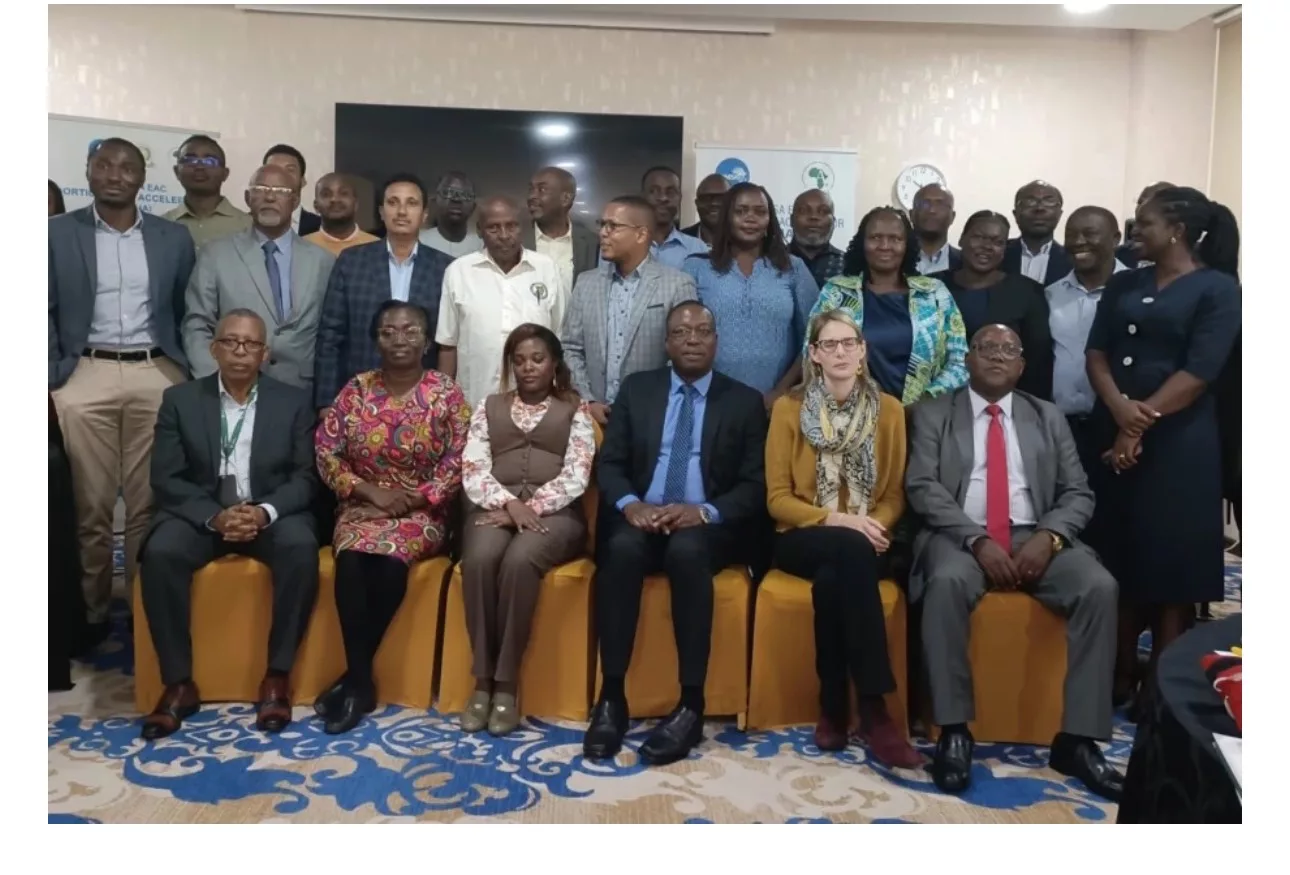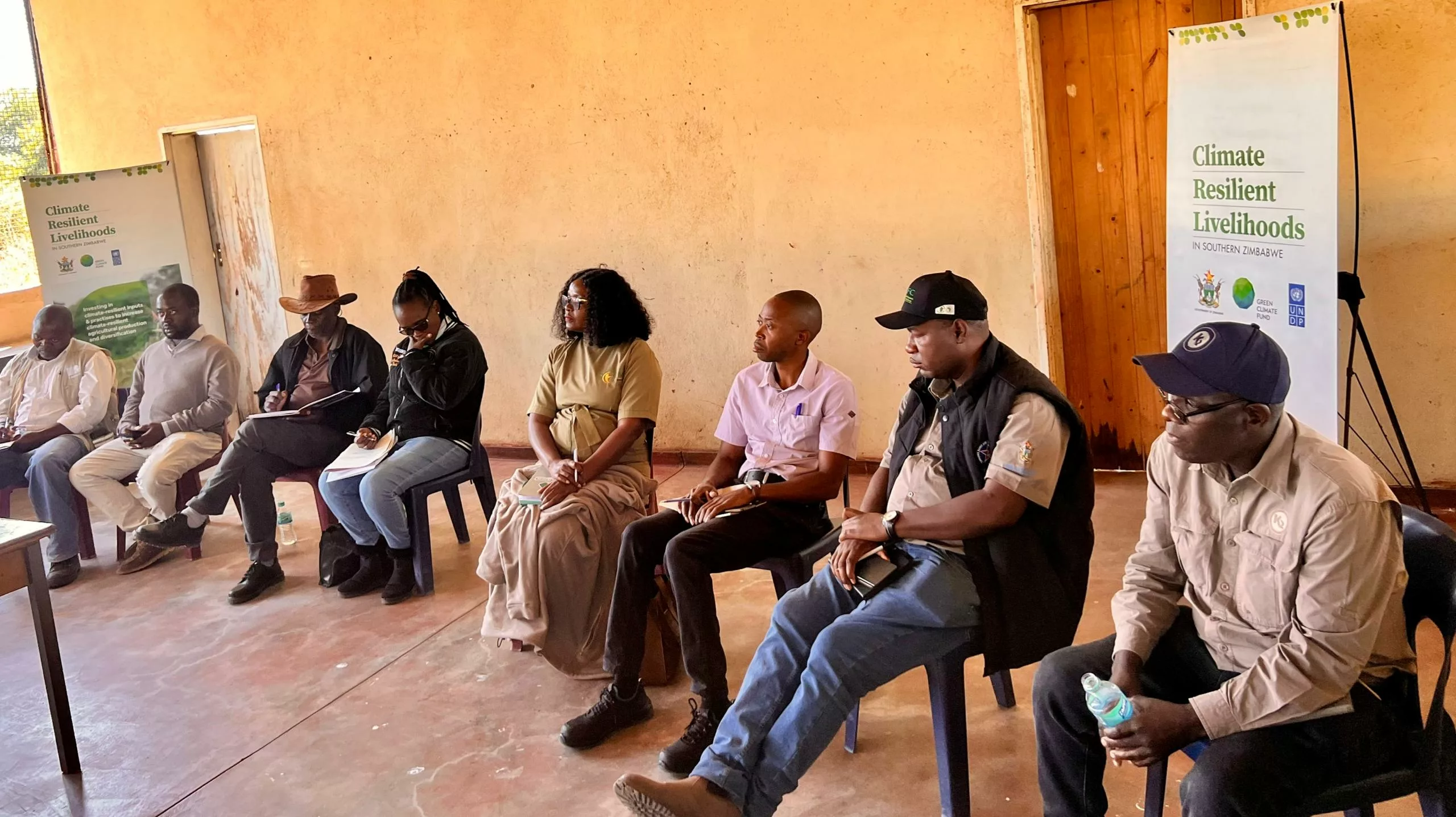|
Getting your Trinity Audio player ready...
|
Elizabeth Maruma Mrema, the Executive Secretary of the Convention on Biological Diversity on the occasion of the World Tourism Day 2022 held on 27 September 2022 has said tourism stands in a unique position to significantly contribute to the reversal of biodiversity loss.
“The theme of this year’s World Tourism Day is “rethinking tourism”, and it could not be more relevant. The tourism sector currently stands in a unique position to significantly contribute to the reversal of biodiversity loss. Much of the tourism industry relies on the beauty of nature and the resources it provides.
‘As such, more and more actors in the sector are rethinking their role and are now positioning themselves to become leaders in the fight against biodiversity loss,” Mrema said.
As part of a circular and green economy, the sector plays a crucial role in sustainable development. She said well-known best practices in every country link tourism and the conservation of biodiversity, from eco- to community-led and agrotourism offers, and from study tours to geo- and voluntourism.
Mrema warned that more is still needed. She urged the tourism sector to creatively offset emissions through nature-based solutions, and in doing so, engage employees and collaborators, as well as host communities and travelers, in safeguarding nature as a core asset for tourism.
“The time for a nature-positive approach is now, which is why the Secretariat was happy to endorse the recent publication on “Travelling in harmony with nature”, issued by the World Travel and Tourism Council.”
This December, the world comes together at the fifteenth meeting of the Conference of the Parties in Montreal, Canada to take ambitious action towards living in harmony with nature.
All levels and scales of tourism will be part of the solutions.
The finalization and adoption of the post-2020 global biodiversity framework will provide opportunities for the tourism sector to continue to effect change.
“This World Tourism Day, let us ensure that visiting places rich in cultural and biological diversity remain part of our lives and the lives of future generations,” Mrema added.






